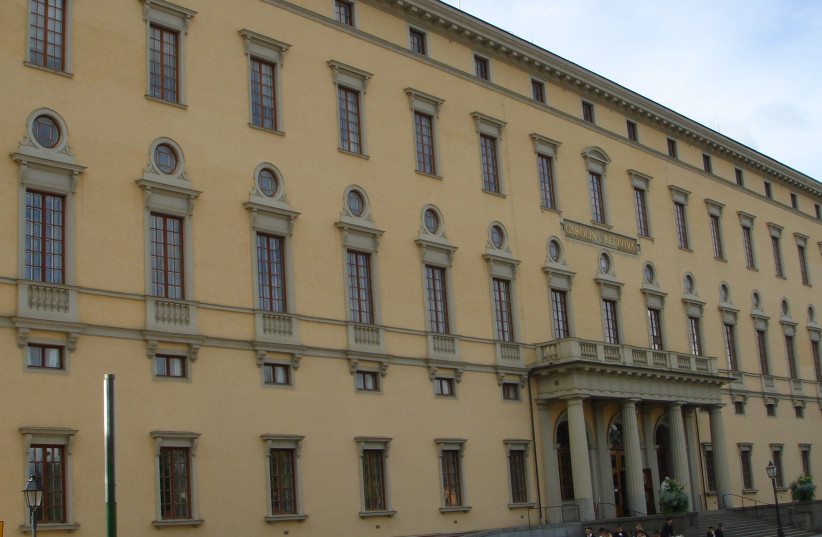Swedish researchers uncovered evidence of one of the earliest Islamic burials ever found, according to a new peer-reviewed study published in Communications Biology journal on Tuesday.
The researchers, including evolutionary biologist Megha Srigyan and population geneticist Torsten Günther from Uppsala University, analyzed the remains of a woman and a man found in Syria.
In 2009 and 2010, Spanish and French researchers, along with Syrian archaeology students, found multiple burial sites in Tell Qarassa, Syria. In order to study the earliest farming groups in the area, they conducted DNA analyses on the remains of 14 people found at the sites, according to lead researcher Cristina Valdiosera, an archaeogeneticist at the University of Burgos, Spain.
"With the goal of studying the first farming groups in the region, we subjected the remains of 14 humans to ancient DNA analysis," she said. "Only two individuals from [the] upper layers of the site contained sufficient amounts of endogenous DNA and these came from graves that we assumed belonged to a later prehistoric period. After radiocarbon dating, it became clear we had something unexpected and special."
The Swedish study
After it was determined using radiocarbon dating that the burial sites were from the time of the Umayyad caliphates during the late 7th and early 8th centuries, the Swedish researchers determined from the style of burial that it was consistent with early Islamic burial traditions.

"The genomic results were also surprising as the two individuals seemed genetically different from most ancient or modern-day Levantines,"
Megha Srigyan, evolutionary biologist, Uppsala University, Sweden
"The genomic results were also surprising as the two individuals seemed genetically different from most ancient or modern-day Levantines," said Srigyan, who conducted the data analysis. "The most similar – though not identical – modern-day groups were Bedouins and Saudis, suggesting a possible connection to the Arabian Peninsula," she added.
"Most of our evidence is indirect but the different types of data, taken together, point to this man and woman belonging to transient groups far from home, suggesting the presence of early Muslims in the Syrian countryside," said Günther, who co-coordinated the Swedish study.
